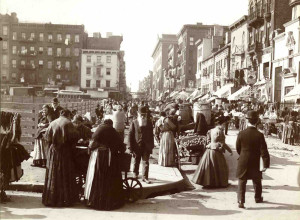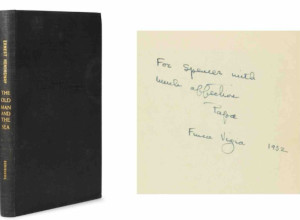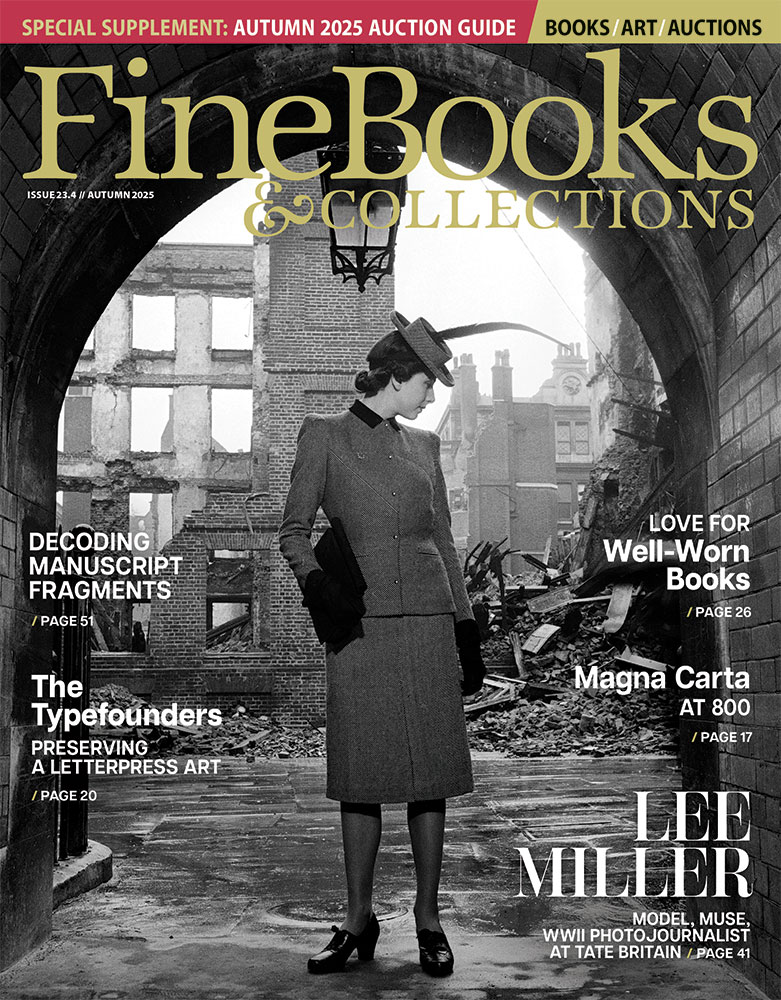A self-published book-is it worth anything? Maybe something like a copy of Jill Paton Walsh's Knowledge of Angels, one of the first 1000 printed, signed by the author (pictured here with her book). The book was self-published but then later it was shortlisted for the Booker Prize. However, if the book is an ex-library copy with a few stamps on it, how much is it really worth?
In 1994 when Knowledge of Angels was published, Ms. Walsh was already a prominent and award-winning children's book author. Rejection after rejection of Angels led Ms. Walsh and her husband to take the self-publishing route. This 'disturbing and beautiful novel of ideas' (Ursula K. Le Guin) was shortlisted for the Booker Prize that same year.
I handed a copy of Angels to my husband who inspected it and remarked about the latest book I had bought, "so, someone could nick a book from the library and sell it online?" It was a joke but to be honest, one I never really thought about before. I thought that buying an ex-library copy online would be the same as getting one at the sale that is stamped "discarded." Within two seconds I was Googling ex-library copies on the brink of paranoia. I found very helpful forums with some people assuring others who are reluctant to buy ex-library copies. One seller suggested that if a buyer is really concerned about having bought a book that may not have been discarded, the best thing to do is to contact the library directly and check just to put his mind at ease.
There are indeed used book shops that make money by including in their stock books that had been discarded by libraries. It gets more complicated in the digital age when book browsing is made easy online but the most you can find out about the sellers' reputation are through feedback left by other buyers. Whether online or in person, there is that huge element of trust when buyers deal with some used booksellers. Book lovers who buy books simply to read them do not care whether they're rare books and do not think of the history of the sellers' acquisitions. Others who are keen on first editions but are not necessarily collectors find their copies in used book shops and sales, without knowing how much they're really worth. As a buyer, sometimes I find that the discarded items are those rare hardbound books so I don't really mind paying for those. But is it even legal for bookshops to sell ex-library copies?
The library stamps in this particular copy of Knowledge of Angels were certainly not attractive. Further research on the background of this edition wasn't inspiring, either. One buyer who had bought the same book complained to the seller that the book was in awful condition, with the pages unevenly cut. Now as I held in my hands a copy with its pages having the same "unevenly cut feature," I still knew there was something special about the way the edges had been cut. Never an expert on books, I just assumed that uncommon features in them are what errors are in rare stamps.
Early in April 2011, I went to the Oxford Literary Festival, as I've done these last few years, to attend a P.D. James and Jill Paton Walsh talk. Afterwards I queued up to have two books signed by each author. "Catherine, this copy you've got here..." Jill Paton Walsh began after she had signed my copy of Knowledge of Angels. Around this time I was about to have a heart attack, thoughts of my husband's remarks running through my head, worried about being embarrassed. But I kept saying to myself, nothing to worry, it has two or three library stamps, yes, but just say it's an ex-library copy I had bought online. But before I could say anything she said that it is a very rare book, one of the first 1000 printed. She showed me the distinguishing features such as the way the pages had been roughly cut and the "Green Bay" on the spine. She said, "take care of this book. It is very rare. Another copy (obviously a signed one as well) was sold at £6500."
And so these are questions I would like to throw at experts: how much do library stamps decrease the value of a book? If one's copy of a book is valued and say, someone would like to purchase it, and if it's an ex-library copy, will it be enough to say about the book's provenance, "I bought this book at a charity shop not knowing that it costs so much."
















